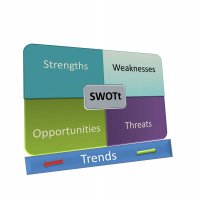When you are hiring and managing millenials, what are you going to be dealing with?
Are they really different, somewhat different- what is the pattern of variation? Should they be managed differently? Do they have the same values and motivations as their bosses? .... Here are some perspectives.
Millennials are different than other generations! True, every generation has significant differences, but to hear some pundits and executives discuss how to address it, you might think that everyone born in these years came from a different planet. The reality is that while some of these differences are significant, they are not universal. In fact there is incredible variation across millennials. Across this generation, there are large groups of every attitude, tendency and belief system. Generalizing like some are doing is causing really silly policies and strategies.
Should millennials be managed differently? Not really. Certainly versus other age groups, more are resistant to conventional management techniques and micromanaging. They may also be more responsive to a coaching approach. On the other hand, you'll find plenty who do not exhibit this behavior. This is also a rapidly evolving change across all generations contributing to a lot of variation in the workforce.
Do millennials share the same motivations or career values as their bosses?
Some do and some do not. There is certainly a tendency for a larger percentage to be more short term oriented and not as "career" oriented as many of their older colleagues.
Are millennials resistant to time and place restrictions?
If you want to generalize, it seems clear that a higher percentage are a bit more resistant versus past generations, but it's not a rule by which you can judge a millenial.
Many millennials have also been conditioned to be more up front and demanding in terms of asking and desiring a more complete answer to the question - what's in it for me? This is a key reason why the solution is so obvious.
So should you have a millennial strategy? Yes, you should have a strategy to optimally select, develop and organize your future workforce but not if it includes a one size fits all set of techniques to deal with them. Millennials are highly diverse and in fact, the attitudes, needs and wants across this generation and the others is perhaps more variable than at any point in history.
What is the solution?
The foundation has to be an accurate understanding of an individual's true attitudes, motivations, values, tendencies and preferences. To do this, you need to accurately assess your candidates and employees on these issues using a scientifically based tool. When you achieve this understanding and use it to deal with each of your candidates and employees in the recruiting, hiring, onboarding and management processes, you can be far more effective in dealing with all candidates and employees, Gen X, Gen Y, Millennials, Baby Boomers, whoever… One of the reasons, this obvious solution isn't often pursued or is poorly pursued is that there have not historically been good tools to do this- survey type tools and personality typing tools each have severe weaknesses. There are now psychometric suitability assessment tools that provide validated information to create this accurate understanding.
And with this understanding, you can do a better job providing a mutually beneficial environment and a vastly better work culture while providing the coaching and development they need and require to keep performing for you at a high level.




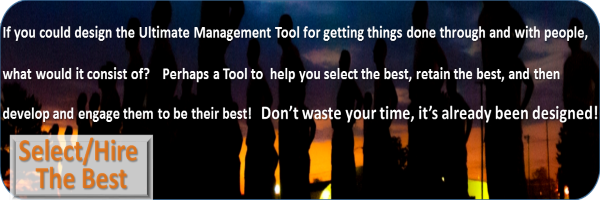
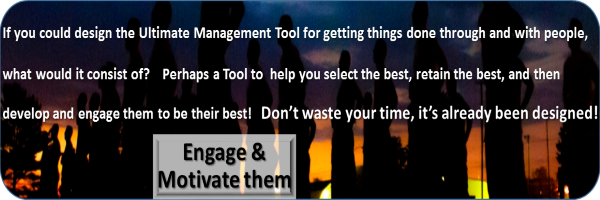
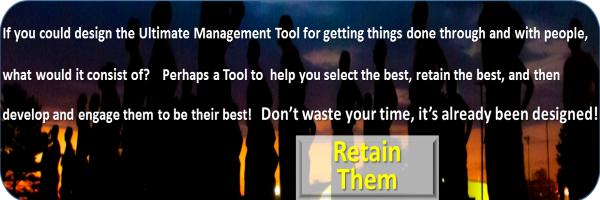
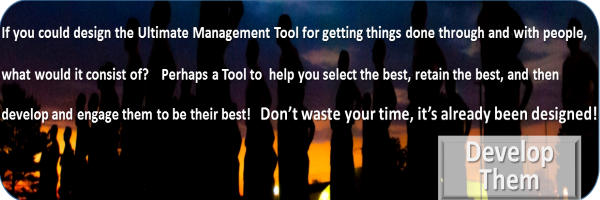
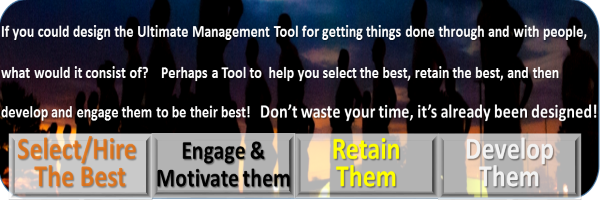
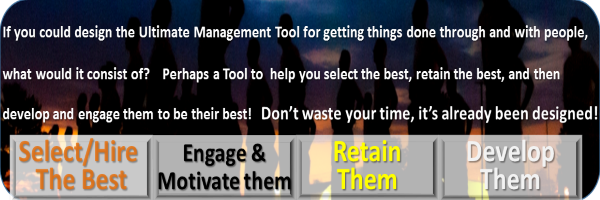


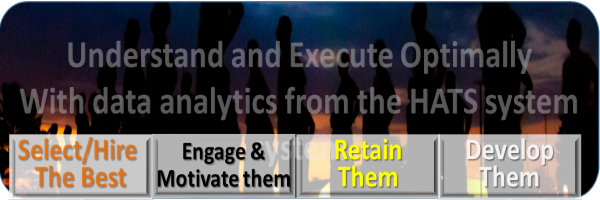







 One of the most difficult challenges managers face is choosing the right people and understanding how to get them to perform at their best. During the last 12 years of our experience, we have found no other tool except the Harrison Assessment that enables this kind of capability with incredible accuracy and insight.
One of the most difficult challenges managers face is choosing the right people and understanding how to get them to perform at their best. During the last 12 years of our experience, we have found no other tool except the Harrison Assessment that enables this kind of capability with incredible accuracy and insight.













